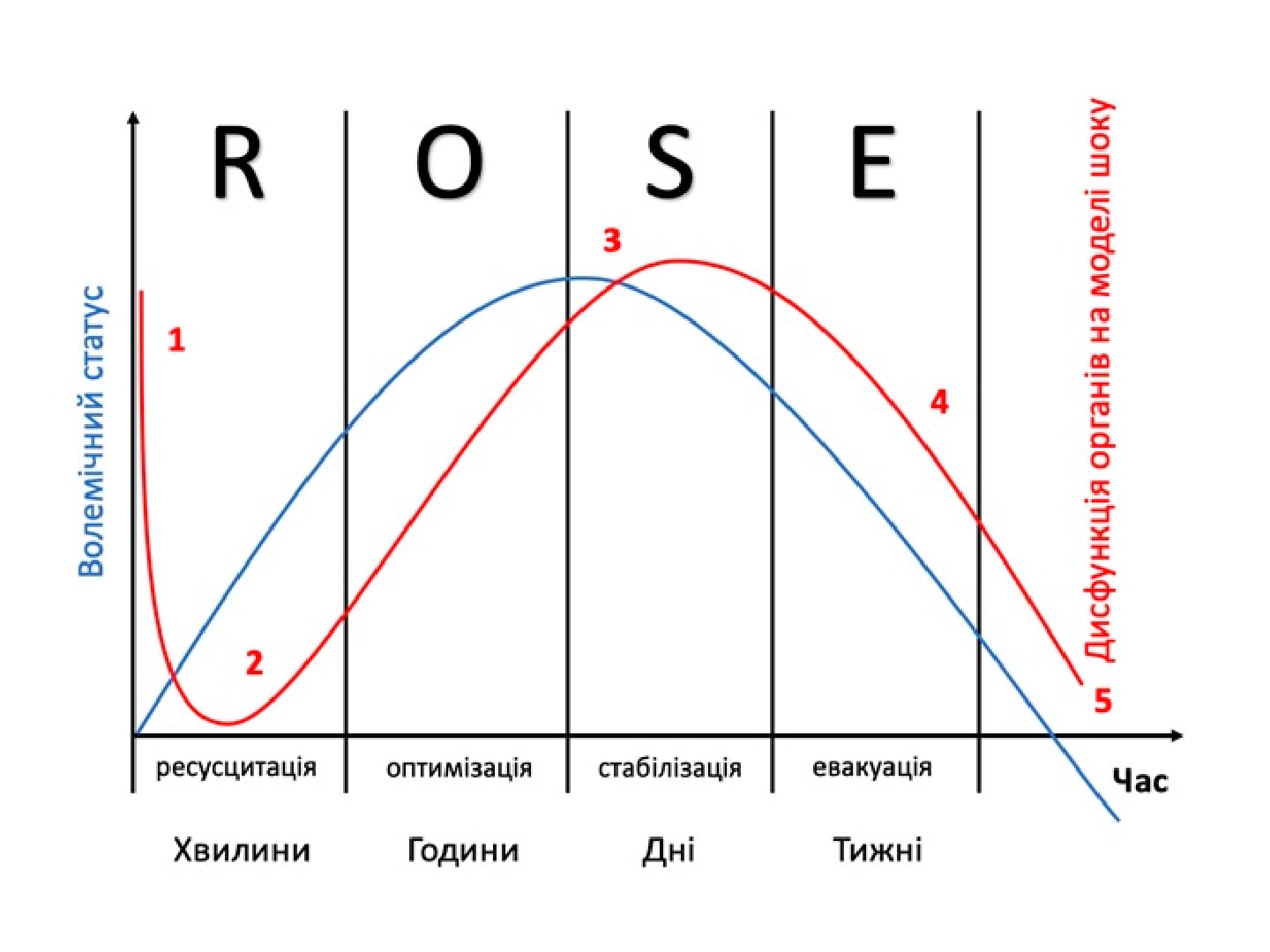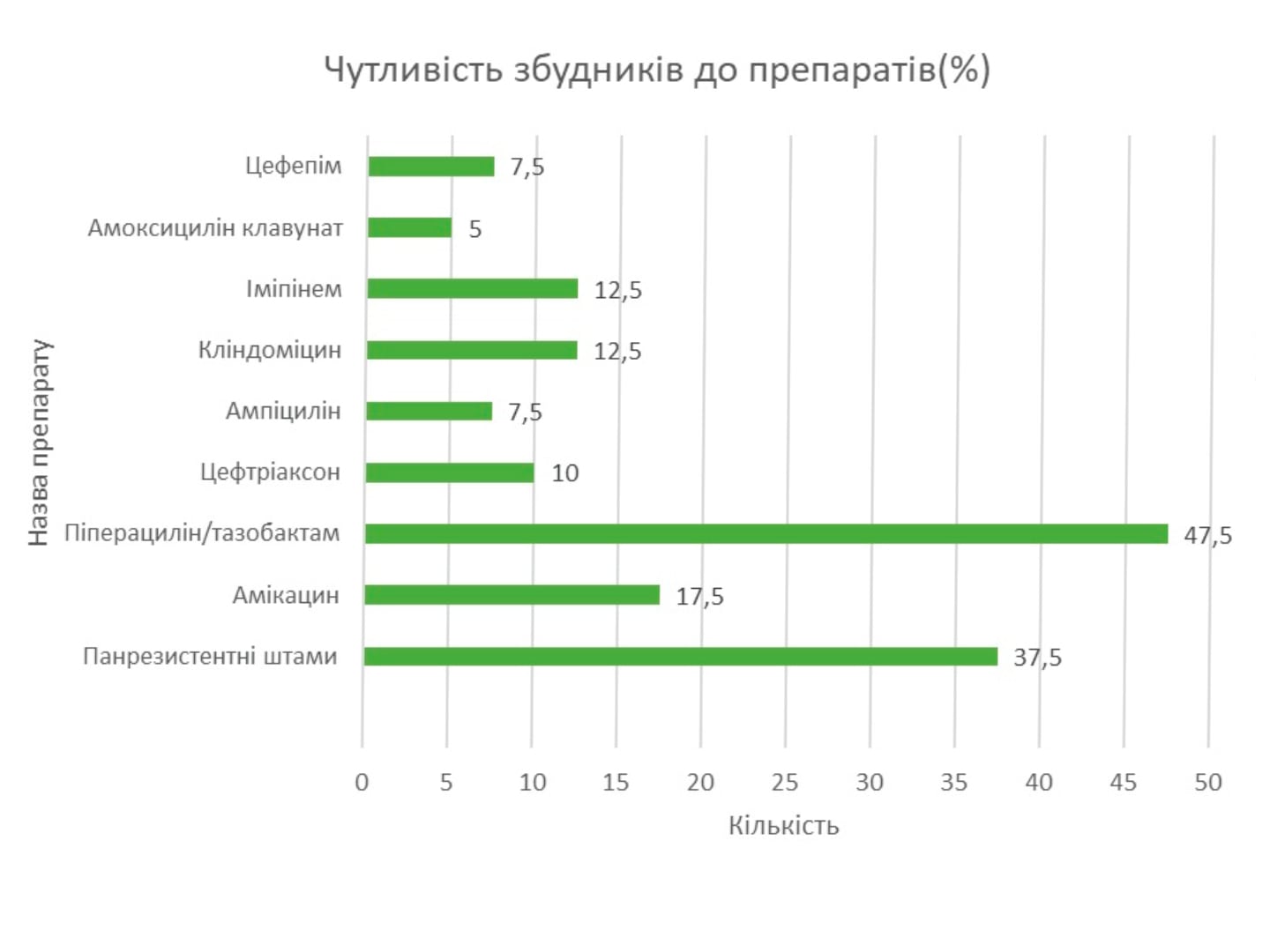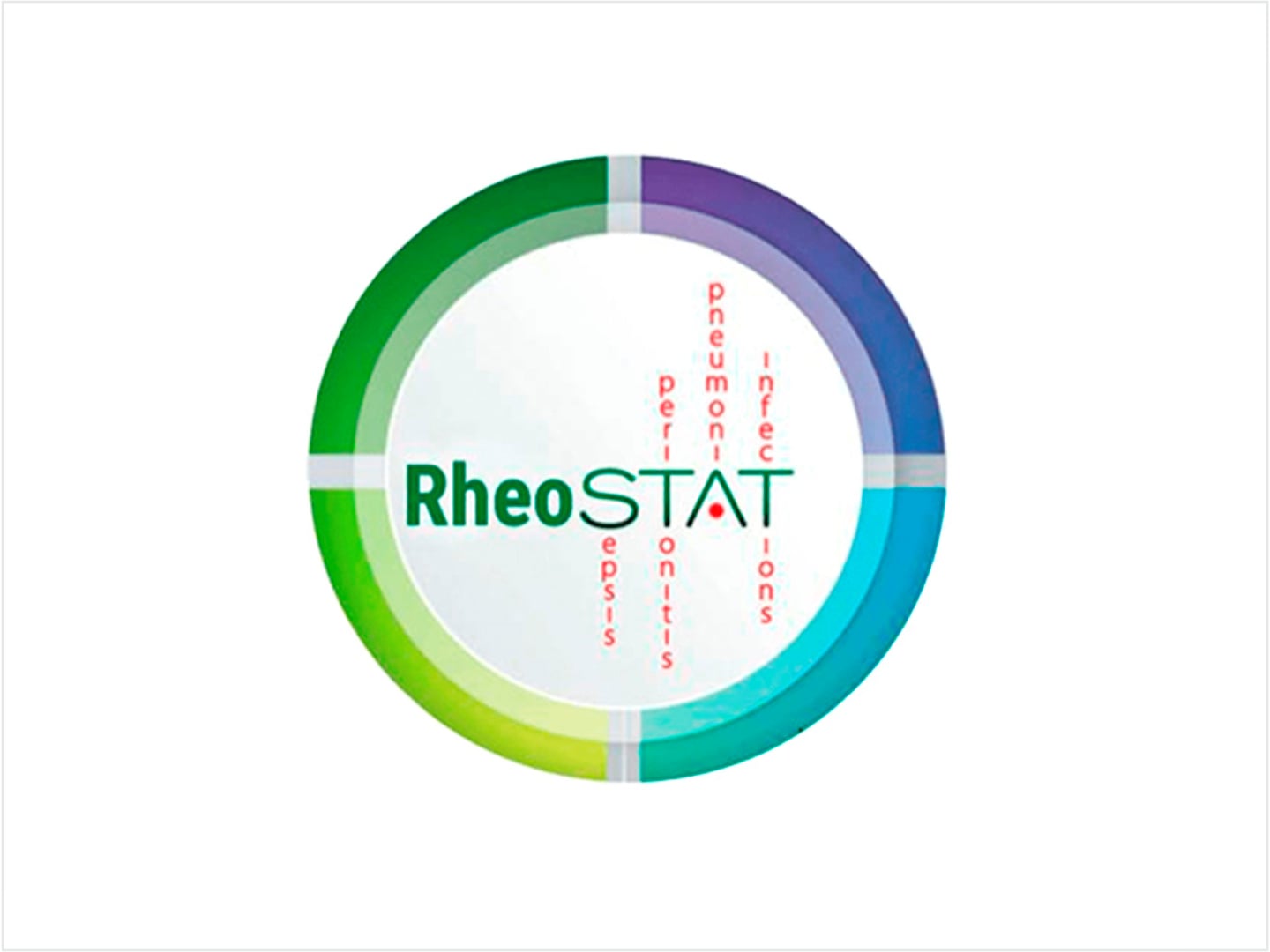Dexmedetomidine, Propofol and their combination for sedation of patients with alcohol drawal syndrome in the intensive care unit: prospective controlled study

Objective – to evaluate the efficacy and safety of dexmedetomidine, propofol, and their combination for sedation of patients with alcohol drawal syndrome in the intensive care unit.
Materials and Methods. The study included 210 patients, which were assigned in four groups – group of dexmedetomidine, propofol, dexmedetomidine and propofol and control group. Duration of stay in the intensive care unit was 51 h [46–75], 68 h [48– 98], 68 h [48–78] and 92 h [70–102].
Results. Diazepam consumption and the number of patients, who required haloperidol, were less and sedation quality and patients communication were better in study groups compared with the control group.
Conclusion. Dexmedetomidine, propofol, and their combination are effective and safe for patients with alcohol drawal syndrome in the intensive care unit.
Key words: alcohol with drawal state, sedation, propofol, dexmedetomidine, diazepam.
Authors: Bielka K., Glumcher F., Kuchyn I., Muhumorov A., Perebiynis M. (O.O.Bogomolets National Medical University, Kyiv).
Literature:
- Sarff M, Gold JA. (2010) Alcohol withdrawal syndromes in the intensive care unit. Crit Care Med;38:494–501.
- Awissi DK, Lebrun G, Fagnan M, Skrobik Y. (2013) Alcohol, nicotine, and iatrogenic withdrawals in the ICU. Crit Care Me; 41:57–68.
- Carlson RW, Kumar NK, Wong-Mckinstry E et al. (2012) Alcohol withdrawal syndrome. Crit Care Clin;28:549–595
- Barr J, Fraser GL, Puntillo K et al. (2013) Clinical practice guidelines for the management of pain, agitation, and delirium in adult patients in the intensive care unit. Crit Care Med; 41:263-306.
- Vanlersberghe C, Camu F. (2008) PropofolHandb Exp Pharmacol;182:227–52.
- Dexmedetomidine (Precedex®) Package Insert. (2010) Hospira, Inc.
- Lizotte RJ, Kappes JA, Bartel BJ et al. (2014) Evaluating the effects of dexmedetomidine compared to propofol as adjunctive therapy in patients with alcohol withdrawal. ClinPharmacol.;1(6):71–7.
- Lorentzen K, Lauritsen A?, Bendtsen AO. (2014) Use of propofol infusion in alcohol withdrawal-induced refractory delirium tremens.Ann Pharmacother.;8(4):56–61.
- DeMuro JP, Botros DG, Wirkowski E, Hanna AF (2012) Use of dexmedetomidine for the treatment of alcohol withdrawal syndrome in critically ill patients: a retrospective case series. J Anesth;26:601–605
- Rayner SG, Weinert CR, Peng H et al. (2012) Dexmedetomidine as adjunct treatment for severe alcohol withdrawal in the ICU. Ann Intensive Care;2:12.
- Moss HB, Chen CM, Yi HY (2008) DSM-IV criteria endorsement patterns in alcohol dependence: relationship to severity. Alcohol ClinExp Res;32(2):306313.
- Ravipati P, Reddy PN, Kumar C et al. (2014) Dexmedetomidine decreases the requirement of ketamine and propofol during burns debridement and dressings. Indian J Anaesth.;58(2):138-42.






